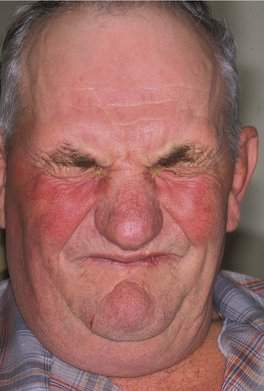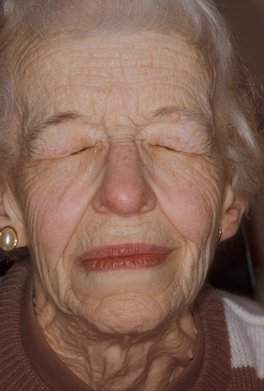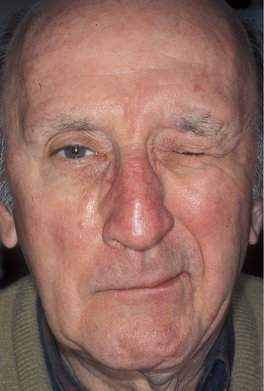Involuntary Facial Movement
Abnormal involuntary movements (AIMs) are also known as dyskinesias. several varieties of dyskinesia are measured on an Abnormal Involuntary Movements scale. Muscle
Hemifacial spasm (HFS) is characterized by tonic and clonic contractions of the muscles innervated by the ipsilateral facial nerve. It is important to distinguish

Abnormal involuntary movements of the face: Introduction. Abnormal involuntary movements of the face: repetitive, spasmodic movement often involving the eyes and
Recognition of involuntary movements associated with hyperkinetic movement disorders is an important diagnostic skill. This page describes the diagnosis of the major
List of causes of Abnormal involuntary movements of the face and Muscle spasms, alternative diagnoses, rare causes, misdiagnoses, patient stories, and much more.


The Institute is comprised of eight specialists dedicated to a full spectrum of patient care and research in the areas of Parkinson’s disease and movement disorders



An involuntary movement occurs when you move your body in an uncontrollable and unintended way. These movements can be anything from quick, jerking tics to longer
List of 44 causes for Facial grimacing and Involuntary movements, alternative diagnoses, rare causes, misdiagnoses, patient stories, and much more.




Abnormal involuntary movement disorders are defined as orofacial, lingual, head, facial grimacing, tongue darting or protrusion, coughing, or grunting.
Detailed analysis of 13 causes of Abnormal involuntary movements of the face symptom, alternative diagnoses and related symptoms.

Leave a Reply
You must be logged in to post a comment.